|
|
|
Книги Mikhailov Boris

|
Rarely has anyone photographed reality in such an unprettified way as Boris Mikhailov. He captures the unadorned and the natural; in pictures devoid of aesthetic exhaltation, he concentrates on people and their living conditions. On his journeys through Russia, Germany and his Ukrainian homeland, Mikhailov has equally observed the poor, the well-to-do, the outcasts and the homeless. Look at Me, I Look at Water was composed in 1999 at the suggestion of the Heiner Mller-Society when Boris Mikhailov's name was found in one of Heiner Mller's notebooks. With this book Mikhailov is continuing, thematically and conceptionally, what he began with his artist's book Unfinished Dissertation in 1985. The photographs are accompanied by handwritten Russian commentaries, which together give the impression of a private album which narrates stories from a chapter in the artist's life. |

|
Boris Mikhailov is one of the most influential photographers of the former Soviet Union. Through his superimposed images, Mikhailov has created and extraordinary double world of soviet drudgery juxtaposed with sex and beauty. Previously unpublished due to artistic restrictions imposed during the Communist era. Yesterday's sandwich embodies Mikhailov's role as artist, documentary photographer and social observer demonstrating his rich imagination and practical solutions for survival in an unstable society. |

|
For the acclaimed photographer Boris Mikhailov (born 1938), a society's most significant paradigm shifts are often most clearly perceived in the smallest of everyday transactions. For example, in a caf xE9; or restaurant in the Soviet-era Ukraine, a waiter would have offered you tea or coffee? Today, two decades after the fall of the Soviet bloc and the ascent of western capitalism, it's tea, coffee, cappuccino? In his latest body of work, Mikhailov addresses this shift by focusing on his hometown of Charkow, in the north east of the Ukraine. Here, the consumerist invasion of western capitalism is everywhere apparent in huge, colorful advertising banners and billboards, but the promises of the so-called Orange Revolution seem to have been fulfilled for only a few. Mikhailov writes that only when one sees misery in a picture, does one begin to notice it in the street, and throughout the 200-plus photographs in this volume, he takes pains to neither dramatize nor ameliorate the conditions of life in Charkow; and so his tough-minded pictures present a bleak but rigorously honest portrait of the Ukraine and its inhabitants. |
|